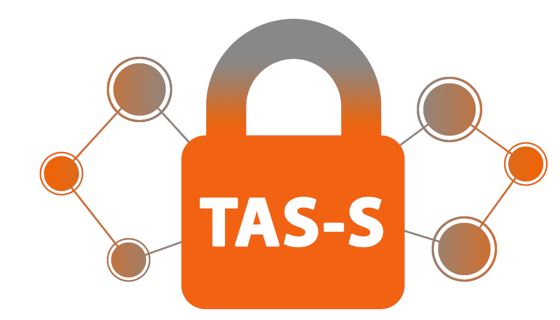
The TAS-S External Stakeholders’ Group Meeting (ESG2023) took place on the 18th and 19th April.
This two-day event was our first opportunity to showcase our research to our external stakeholders face-to-face. Therefore, we wanted to ensure we struck the correct balance between promoting the work of individual researchers and highlighting the valuable collaborative work which is being undertaken across our Node.
‘Thank you for such an insightful and wonderful couple of days in London and at Cranfield University. The session on Tuesday was brilliant and so useful, and it was a genuine privilege to witness the research and development in some of the facilities at Cranfield’.
Andrew Wright, Lancashire Constabulary
Day 1: Tuesday, 18th April (London).
The first day was held at 11, Cavendish Square in London. This central venue provided easy access for our speakers and delegates who were travelling from all across the UK, and from the Netherlands, Switzerland, and the US. The morning and early afternoon sessions focussed on the work being carried out by the Node’s three research strands, with keynote talks from Prof. Nick Colosimo (BAE Systems), Prof. Behçet Açikmeşe (University of Washington), and Jacqueline Upton (National Highways).
The later afternoon sessions included six stakeholder talks around concepts, mechanisms, and usage of AI. Talks were given by Hamid Asgari (Thales), Robert Stroud (Adelard), Oktay Arslan (Airbus), Yuanwei Liu (QMUL), Arthur van der Wees (Arthur’s Legal), and Andrew Wright (Lancashire Constabulary). A reflections session and drinks reception brought together the discussions from the day in a more informal manner.
Day 2: Wednesday, 19th April (Cranfield University)
After an early morning coach journey, colleagues arrived at Cranfield University for the second day of the event. We were split into two groups and each got the chance to visit three demos:
1. Federated learning for AV’s combing RS1B and RS2B.
2. Swarm drone security combining RS2A and RS2C.
3. Human machine teaming cockpit combing RS2 and RS3.
These three demos were an excellent way to showcase the valuable research being undertaken across the Node, as well as giving our attendees to network in smaller groups.
We had a impressive attendance of around 43 people from 17 organisations across the two days with some extremely positive feedback and plans for future collaborations. You can view the TAS-S posters from this and other events on our posters page.